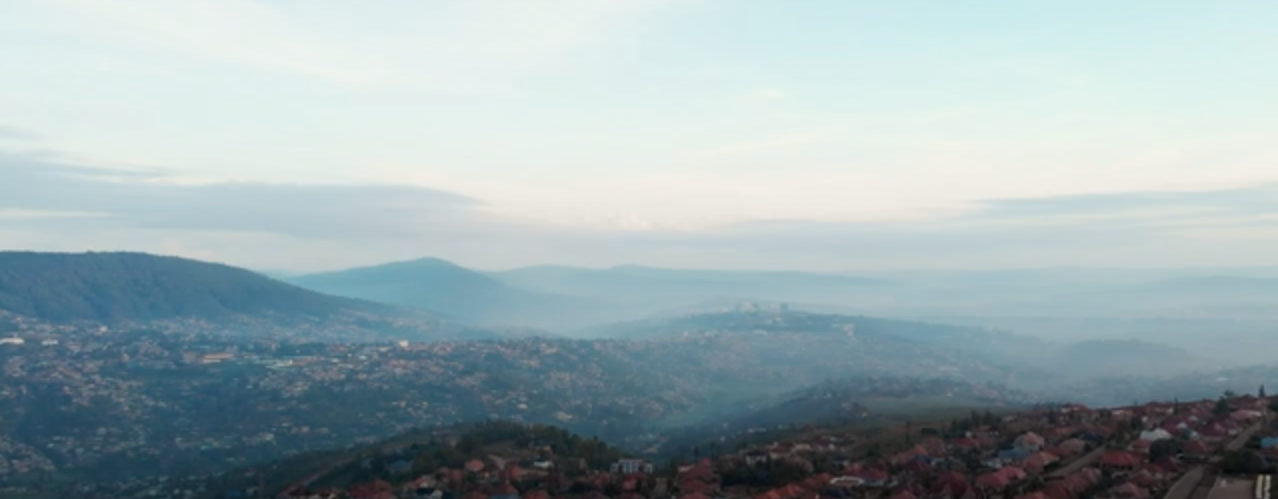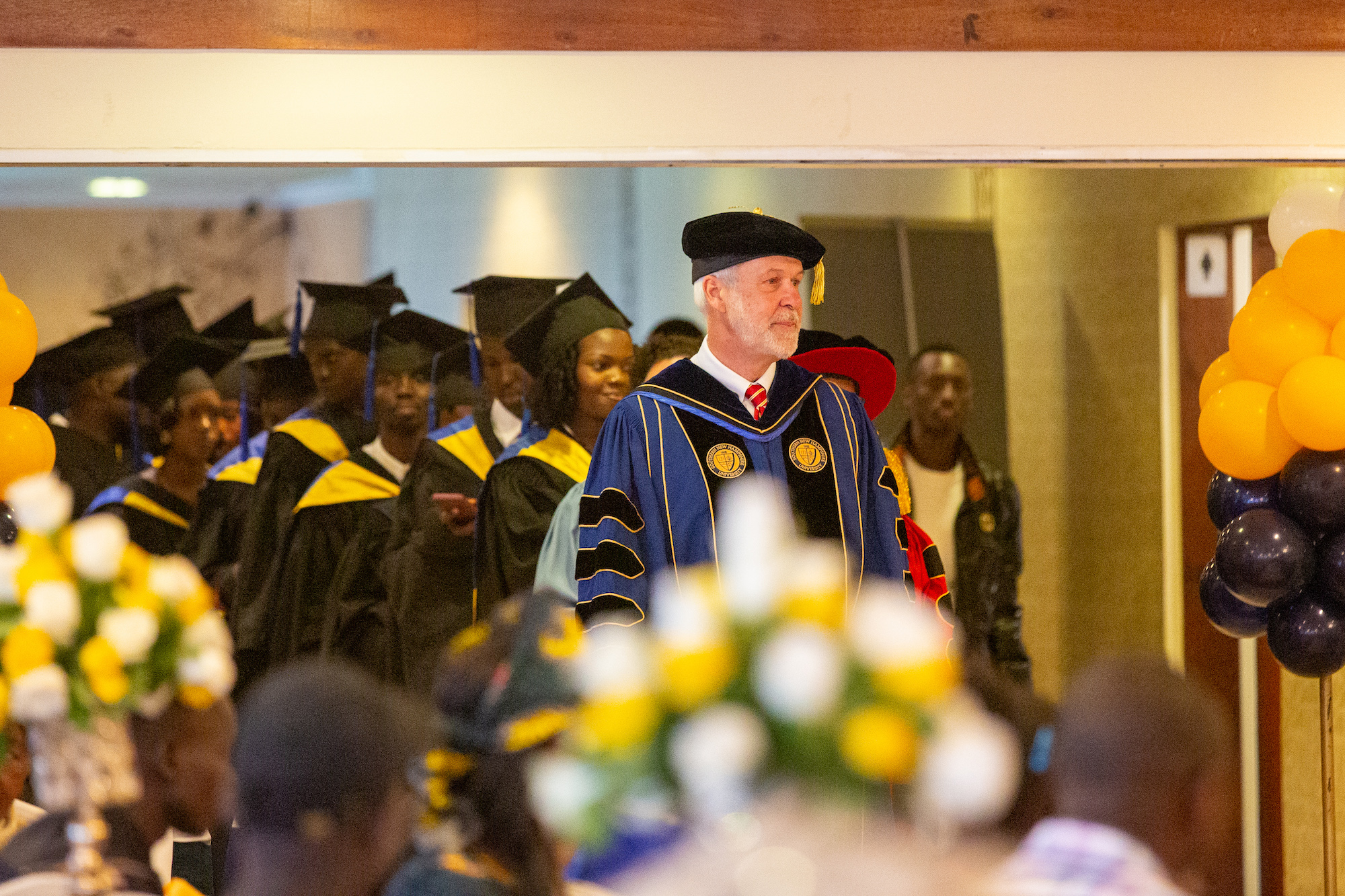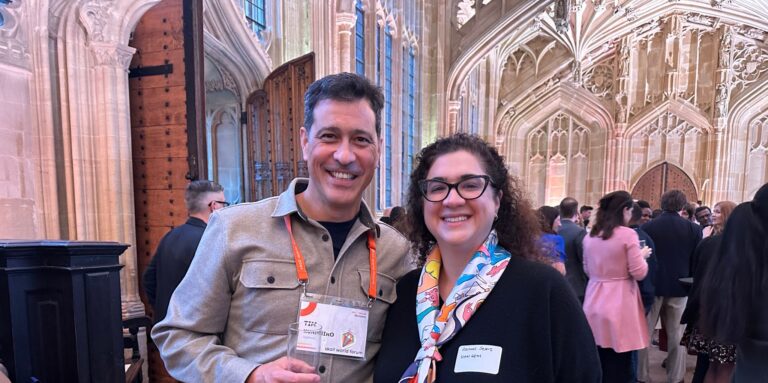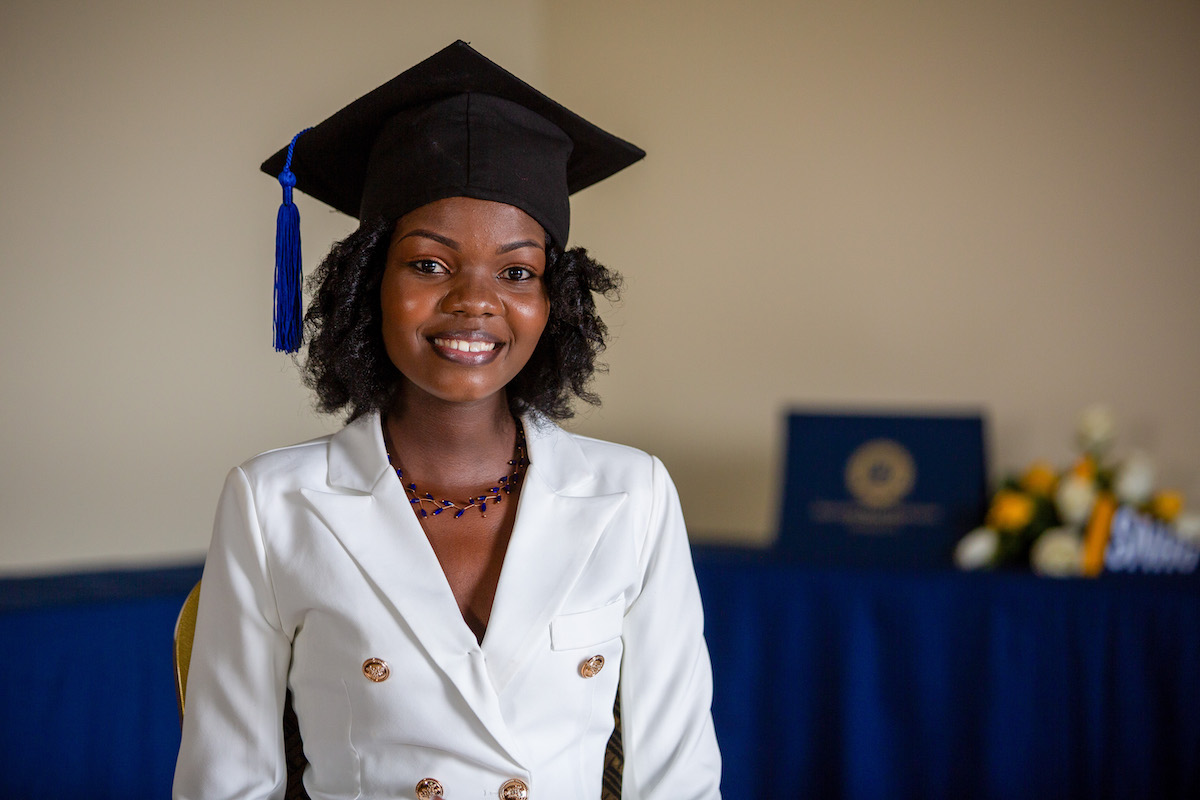The GEM community reflects on the commemoration period for victims of the Genocide against Tutsi in Rwanda.
This past week marked the 27th commemoration of the genocide against the Tutsi in Rwanda and the beginning of the 100-day remembrance period. During this time, the GEM community stands with our students, staff, alumni and community in honor and remembrance. 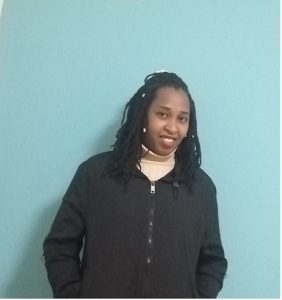
In observance of the commemoration period, we wanted to share the reflections of our GEM students, alumni, and staff members. Sarah Kamikazi, a GEM Hub Reviewer in Kigali, shares how remembrance period provides an opportunity to renew the “fight against anything that might cause Rwanda to go back in those dark days.”
How are you and your family commemorating the genocide? How have you done so in years past?
Due to COVID, everything was affected including the way I and my family commemorate. Previously we used to gather in the community and connect with others as we honour and remember the victims of 1994 genocide against the Tutsi. We used to spend time in communities and hear testimonies from survivors, watch documentaries, and listen to daily presentations related to each year’s theme. However, this has changed because gatherings are no longer allowed due to the pandemic.
After realising that gatherings won’t happen, I personally use radio and other social media to connect with others, listen to the testimonies from different people and follow different programs.
What does the remembrance period mean to you?
Remembrance period is time we Rwandans commemorate victims of the 1994 genocide against the Tutsi, and honour them. As a theme of this year “Remember- Unite-Renew,” it is the period for Rwandans to remember what happened, the negative effects genocide left, and strive to fight against anything that might cause Rwanda to go back in those dark days.
What do you want others in the GEM community to know about the remembrance period?
As a GEM community, it is our responsibility to value the remembrance period as this is the time for us to remember our beloved ones including brothers, sisters, and parents who lost their lives during 1994 genocide against Tutsi due to how they were born.
Let us use this period to reflect on negative consequences of bad leadership that planned and executed genocide. Then say no to any ideology that might lead to repeating this history. We need to use the remembrance period to learn from the past and create the future we want for our children and beloved ones. Let our focus be Genocide Never Again.
